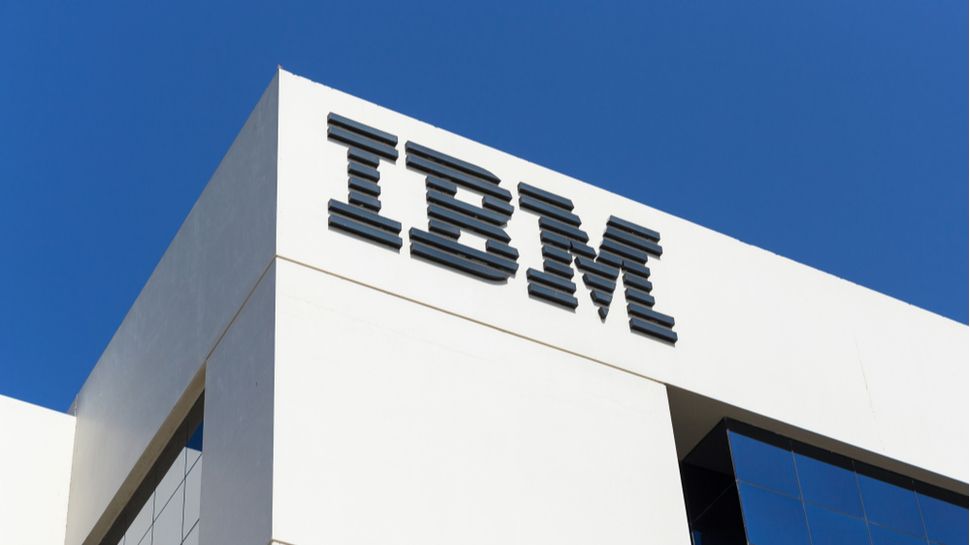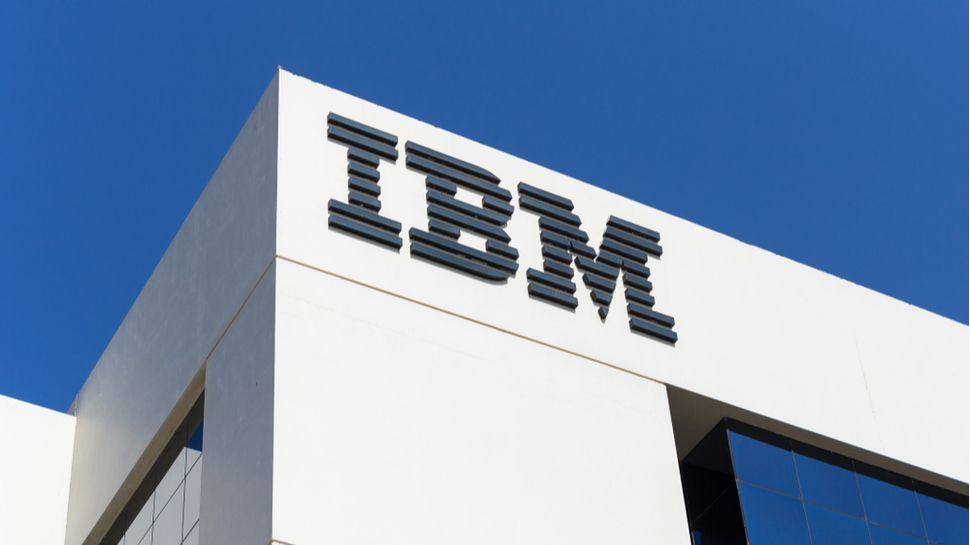
The CentOS project has announced a dramatic change for the project that’s left a large number of open source businesses, particularly web hosts, in a lurch.
CentOS is a rebuild of the paid Red Hat Enterprise Linux (RHEL) product and the two projects have peacefully co-existed before and after Red Hat took over CentOS in 2014. It seems however, Red Hat’s new corporate overlords, IBM, which took over the company in 2018, had other ideas.
CentOS releases weren’t only binary-compatible with RHEL, they also promised ten years of updates. This made CentOS one of the most widely used open source server distro, second only to Ubuntu. However, CentOS now abruptly terminates the current release giving DevOps engineers only a year to completely migrate their infrastructure.
Committing Harakiri
For what it’s worth, the CentOS project isn’t going away completely. Instead the project will now only work on its rolling release branch, dubbed CentOS Stream, which was announced last year.
Both CentOS and Red Hat have tried to assuage the fears of the community by asking them to switch to CentOS Stream. However, it may be tough to get people to switch their servers to a rolling release distro, especially when they used CentOS for its long term support cycle.
No one better understands the need and value of CentOS than its original developer, Gregory M. Kurtzer. For his part, Kurtzer has already announced a new project, Rocky Linux, which “is a community enterprise Operating System designed to be 100% bug-for-bug compatible with Red Hat Enterprise Linux now that CentOS has shifted direction.”
This is completely in line with the open source licensing of RHEL packages. In fact, Red Hat even suggested this approach for users unhappy with the closure of CentOS.
It’ll be interesting to see how Red Hat/IBM respond to the backlash. But the announcement again brings into focus the tenuous relationship between open source projects and corporate sponsorships and the dire consequence of it being withdrawn.
